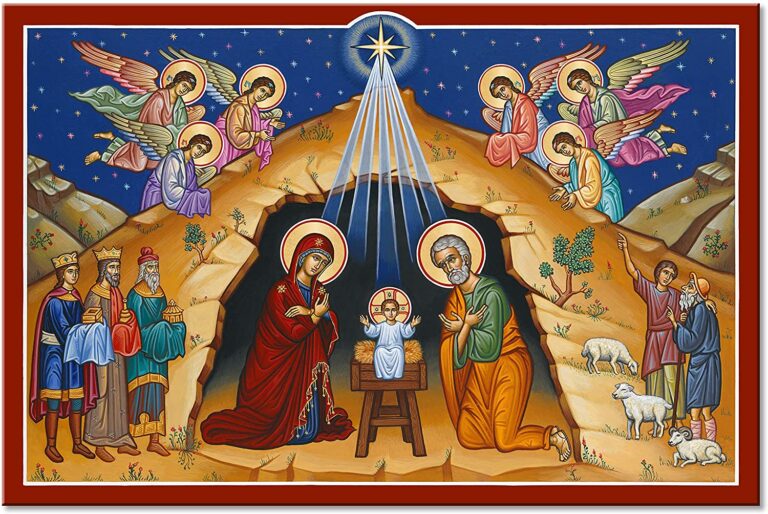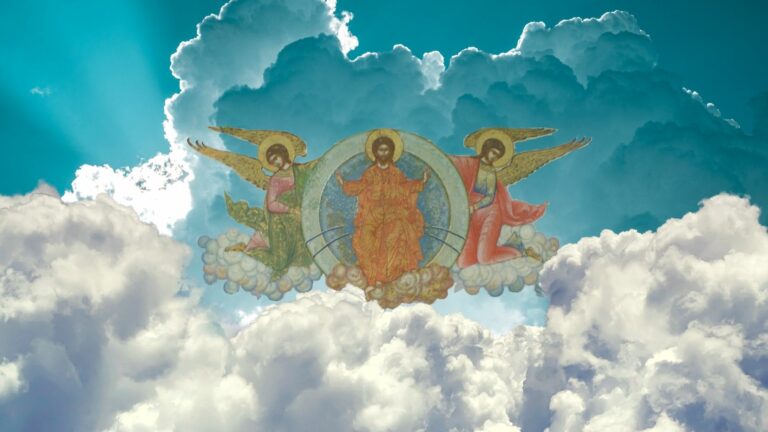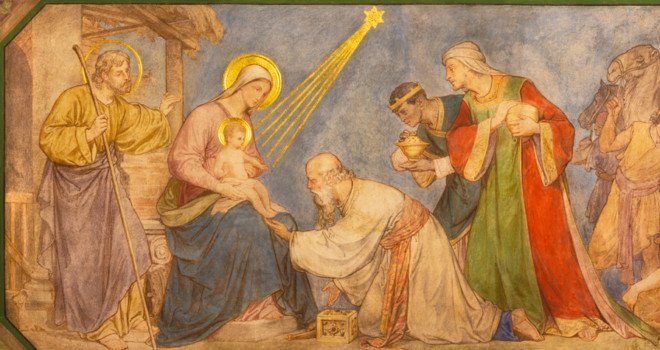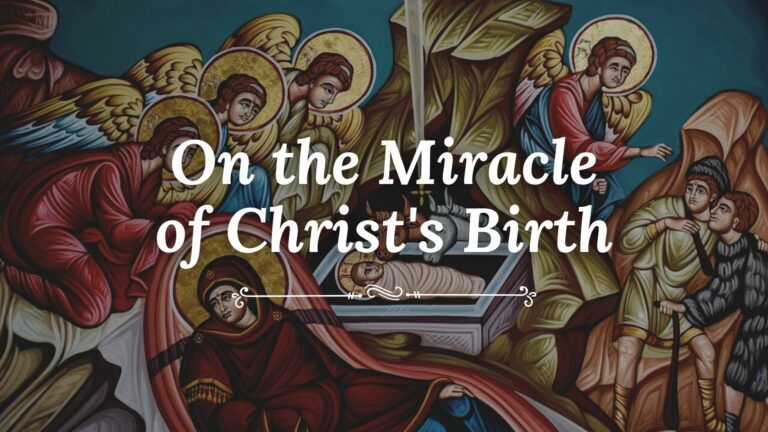Christmas Isn’t Pagan – Refuting Four Common Objections
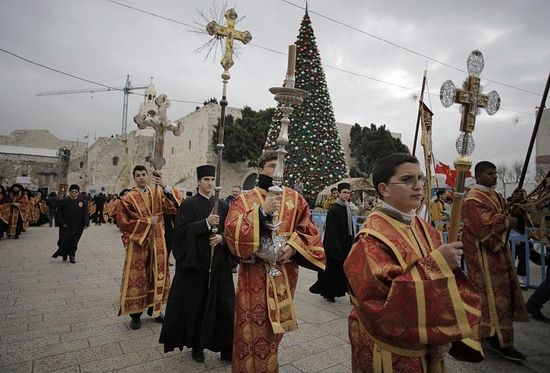
by The Uncreated Light This article was originally published here With Christmas approaching I’d like to tackle the false notion that Christmas is a pagan holiday that Christians shouldn’t celebrate or engage in. This belief is frequent in some fringe…


